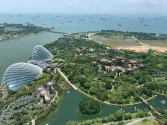
Malaysian industrial to get significant boost from massive manufacturing investments
New approved investments were double the expansion of existing manufacturing investments.
The manufacturing sector that contributed 22.3% to the Malaysian GDP in 2020 was the only growing economic sector (+3% y-o-y), in contrast to all others that recorded negative growth, according to JLL.
This sector attracted the largest portion of approved investments, leading to a rise in domestic and foreign approved private investments by 22.6% and 3.9%, respectively, in 2020. JLL says although domestic approved investments grew faster, foreign approved investments retained the biggest share (62%) of total approved investments.
Figure 1: Total Approved Manufacturing Investments (RM million)
Source: Malaysian Investment Development Authority (MIDA)
Here’s more from JLL:
Of the total approved investments which were either new or expansions of existing ones, new approved investments were double the expansion of existing manufacturing investments, thereby providing twice the number of jobs for projects approved in 2020 boosting private consumption to the economy. By industry, the investments were concentrated in electrical and electronics (E&E) – Malaysia’s largest export earner – followed by petroleum products, basic metal products, paper, printing and publishing, machinery and equipment, chemicals and chemical products as well as rubber products such as gloves. As glove manufacturing remained one of the key sector to attract investors, many groups such as Sanichi Technology Bhd, Mah Sing Group Bhd diversified from their core business to glove manufacturing. Kedah Rubber City (KRC) alone attracted over RM2.2 billion committed investments in advanced latex product development, production of feedstock, manufacturing, storage warehousing and logistics due to rising demand amidst the ongoing Covid-19 pandemic.
Moving forward, Malaysia’s second movement control order (MCO 2.0) was reinstated in January 2021, with fewer restrictions, compared to the first one in 2020. As a result, despite the reinstatement of MCO 2.0, the latest government statistics showed that export-oriented manufacturing industries grew by 5.8% in February 2021.
Taking a cue from the global scenario, we believe the E&E manufacturing sector will continue to grow, as a 10.9% growth in global semiconductor sales has been projected for 2021, by the World Semiconductor Trade Statistics. This is faster than the 6.8% that was projected for 2020. Additionally, due to tariffs on China’s exports, Malaysian industries are expected to continue their expansion to fulfil demand from the US.
We also expect other industries in the manufacturing sector to grow continuously to fulfil local demand. The increasing number of COVID-19 cases are likely to boost the production of gloves further and related equipment to aid in the prevention of further spread. Additionally, the new norm has immensely helped the furniture industry benefit from the increased demand from employees who have been working from home (WFH). Consequentially, REITs such as AXIS actively expanded their industrial portfolio.
Moving forward, the manufacturing sector will continue to benefit from initiatives announced by the government during the PENJANA stimulus package. The package includes special tax incentives (zero tax rates up to 15 years) to promote relocation and new investments in Malaysia, a faster two–day approval online process for e-manufacturing licences, the establishment of Project Acceleration and Coordination Unit (PACU) to speed up implementation and an enhanced Domestic Investment Strategic Fund (DISF).
As the outlook for industrial and logistics appears bright, interest in investments is observed to be picking up. Both local and international parties are looking into investments either to develop jointly or independently, or to add related new assets into their portfolio. We think this year, industrial real estate transactions are likely to exceed the last year’s MYR1.44 billion, as the market has already recorded transactions worth MYR625 million driven by REITs, privately-owned companies and developers in 1Q21.
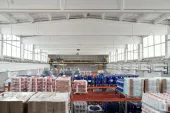
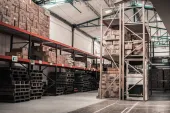


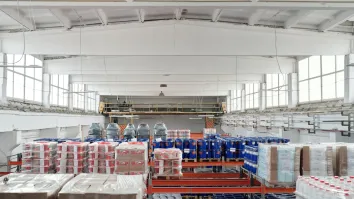
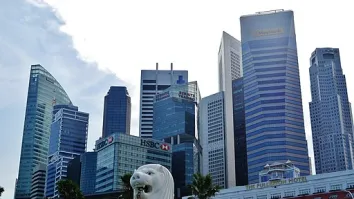













 Advertise
Advertise
